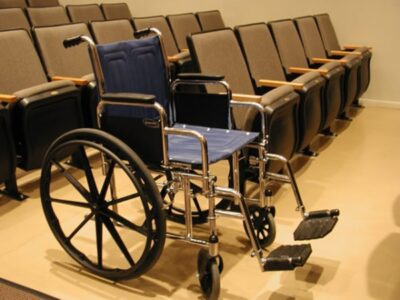
Everyone has that one friend who is annoyingly a morning person. They’re up when the rooster crows and are ready to go before coffee is even brewing.
The early bird catches the worm, they like to remind you.
If you’re still hiding under the covers and want to get back at them for having so much energy in the morning, a recent study says you can call them Neanderthals.
The Guardian writes:
People who are early to bed and early to rise may have their ancient ancestors to thank for the habit – or at least the Neanderthals with whom their forebears procreated, scientists say.
DNA inherited from our thick-browed cousins may contribute to the tendency of some people to be larks, researchers found, making them more comfortable at getting up and going to bed earlier than others.
While most genes that modern humans gained through ancient interbreeding have been weeded out by evolution, a small fraction remain, most probably because they helped early modern humans adapt to the new environment when they left Africa for Eurasia.
“By analysing the bits of Neanderthal DNA that remain in modern human genomes, we discovered a striking trend,” said John Capra, an epidemiologist at the University of California in San Francisco. Many of them affected genes that govern body clocks in modern humans, he said, in most cases “increasing propensity to be a morning person.”
The study was published in Genome Biology and Evolution.
Geography might explain why the ancient hominins were early risers, writes The New York Times. “Early humans lived in Africa, fairly close to the Equator, where the duration of days and nights stays roughly the same over the course of the year. But Neanderthals and Denisovans moved into higher latitudes, where the day became longer in the summer and shorter in the winter. Over hundreds of thousands of years, their circadian clocks may have adapted to the new environment.
When modern humans expanded out of Africa, they also faced the same challenge of adapting to higher latitudes. After they interbred with Neanderthals and Denisovans, some of their descendants inherited body-clock genes better suited to their new homes.”
[Read More: This Animal Can Change Your DNA]










I get up @ 6 daily, sometimes 625A
used to get going by 5A